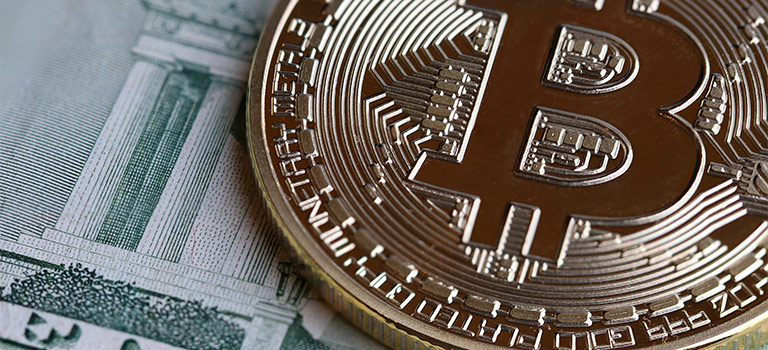PALO ALTO, Calif. (Reuters) - The Federal Reserve is taking a look at a broad series of problems around digital payments and currencies, including policy, style and legal factors to consider around possibly issuing its own digital currency, Guv Lael Brainard stated on Wednesday. Brainard's remarks recommend more openness to the possibility of a Fed-issued digital coin than in the past." By changing payments, digitalization has the possible to provide greater value and convenience at lower expense," Brainard stated at a conference on payments at the Stanford Graduate School of Service.
Main banks globally are discussing how to handle digital financing innovation and the distributed journal systems used by bitcoin, which promises near-instantaneous payment at possibly low cost. The Fed is developing its own round-the-clock real-time payments and settlement service and is fedcoin announced currently evaluating 200 comment letters sent late last year about the suggested service's style and scope, Brainard said.

Less than two years ago Brainard told a conference in San Francisco that there is "no engaging demonstrated need" for such a coin. However that was before the scope of Facebook's digital currency aspirations were commonly known. Fed authorities, including Brainard, have actually raised issues about consumer securities and information and personal privacy risks that could be posed by a currency that might come into use by the 3rd of the world's population that have Facebook accounts.
" We are teaming up with other reserve banks as we advance our understanding of main bank digital currencies," she stated. With more countries checking out issuing their own digital currencies, Brainard stated, that adds to "a set of factors to likewise be ensuring that we are that frontier of both research study and policy advancement." In the United States, Brainard stated, issues that require study consist of whether a digital currency would make the payments system much safer or simpler, and whether it might posture monetary stability risks, including the possibility of bank runs if money can be turned "with a single swipe" into the main bank's digital currency.
To counter the financial damage from America's unmatched nationwide lockdown, the Federal Reserve has actually taken unprecedented actions, consisting of flooding the economy with dollars and investing straight in the economy. Most of these moves got grudging approval even from many Fed doubters, as they saw this stimulus as required and something just the Fed could do.
My new CEI report, "Government-Run Payment Systems Are Risky at Any Speed: The Case Against Fedcoin and FedNow," information the risks of the Fed's present prepare for its FedNow real-time payment system, and propositions for central bank-issued cryptocurrency that have actually been called Fedcoin or the "digital dollar." In my report, I talk about concerns about privacy, data security, currency adjustment, and crowding out private-sector competitors and innovation.
Advocates of FedNow and Fedcoin state the federal government must produce a system for payments to deposit immediately, instead of encourage such systems in the economic sector by raising regulatory barriers. However as noted in the paper, the economic sector is supplying an apparently limitless supply of payment innovations and digital currencies to solve the problemto the extent it is a problemof the time space between when a payment is sent and when it is received in a checking account.
And the examples of private-sector innovation in this area are numerous. The Cleaning House, a bank-held cooperative that has been routing interbank payments in numerous forms for more than 150 years, has actually been clearing real-time payments considering that 2017. By the end of 2018 it was covering half of the deposit base in the U.S.